Article by Candace Weaver-Dowds, LMSW, Senior Manager of Strategic Initiatives, NEXT for AUTISM
The article originally appeared on Autism Spectrum News, July 9th, 2025
____
Autistic professionals bring critical thinking, creative problem-solving, and unique insight to the workforce. Yet many face persistent stigma and misunderstanding that hinder their full participation in professional spaces. Misconceptions about communication styles, social behavior, and sensory needs often lead to inaccurate assessments of ability, resulting in exclusion from hiring, advancement, and leadership opportunities. To combat this, some corporations have tried to implement specific autistic hiring initiatives, recognizing the quality they bring. However, once hired, these same individuals are often stigmatized due to their autistic traits or support needs, leading to burnout and possibly leaving the workforce.
This stigma doesn’t stem from a lack of skill but from a lack of fit between the individual and rigid workplace systems. Traditional environments rarely accommodate the differences in how autistic professionals communicate, process information, or relate to colleagues. These gaps leave many talented individuals underutilized or excluded altogether. According to recent research, an estimated 85% of autistic college graduates are underemployed or unemployed (Davies et al., 2023), not because they lack qualifications, but because they lack support and opportunity. Creating a culture of acceptance, utilizing universal design principles, the workplace is improved for everyone. For example, offering flexible work hours may support an autistic employee’s sensory needs or executive functioning patterns, but it also benefits working parents, individuals managing chronic health conditions like migraines, and anyone who may need to structure their day differently. When organizations build inclusive cultures, they unlock the potential of their entire workforce, tapping into a broader range of talent, perspectives, and innovation.
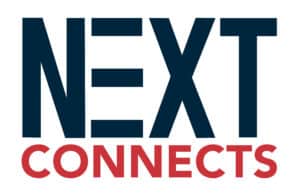
NEXT CONNECTS is a co-mentorship initiative designed to foster bi-directional learning between autistic aspiring professionals and established professionals, both neurodivergent and neurotypical. Rooted in principles of reverse mentorship (Novak, 2023) and inclusive leadership, the program aims to reduce barriers to employment, promote mutual learning, and build inclusive professional cultures. Traditional mentorship programs often assume a one-way flow of knowledge, where an experienced mentor guides a less experienced mentee. This structure, while well-intentioned, frequently falls short for neurodivergent individuals whose practices, needs, and navigation of the workplace are unique to their personal experience. NEXT CONNECTS redefines this dynamic by establishing co-mentorship relationships where both participants contribute, learn, and grow through mutual sharing. This approach strives to addresses systemic inequities by creating safe spaces for neurodivergent voices to lead and shape the conversation about inclusion, accessibility, and workplace success.
Autistic professionals frequently encounter barriers that are not from absence of ability, but from environmental misalignment. Differences in communication style, creating misunderstanding by neurotypical colleagues, can lead to the double empathy problem or a mismatch in mutual understanding (Zamzow, 2024). Professional norms like small talk, networking events, or interpreting unspoken workplace expectations can further complicate interactions. Sensory sensitivities, such as noise, lighting, or crowded workspaces also play a significant role in comfort and productivity yet are rarely considered in office design or policy. Together, these factors can contribute to burnout, exclusion, and reduced opportunity. Structured co-mentorship provides a valuable support system by creating space for authentic conversation, shared learning, and problem-solving. It allows autistic professionals to gain practical insights while also sharing perspectives that help reshape workplace expectations.
PROGRAM OVERVIEW
NEXT CONNECTS is intentionally designed to center inclusion and reciprocal learning. Drawing on evidence-based mentorship practices and inclusive design strategies (Chen & Chai, 2023; Welken et al., 2021), the program combines guided reflection, accessible materials, and structured dialogue to create a meaningful experience for both co-mentors.
Key Roles in the Partnership
- Established Professionals: These participants have at least three years of experience in their field and may be either neurotypical or neurodivergent. They bring career insight and a commitment to creating more inclusive workplaces.
- Aspiring Professionals: Neurodivergent individuals at the start of their careers, either recent graduates or job seekers, who want to grow their confidence, expand their network, and gain tools for success in their field of interest.
Core Components
- Strategic Matching
Co-mentor pairs are matched based on shared interests, career goals, and industry alignment. This ensures relevant conversations and maximizes the learning exchange for both participants. - Evidence-Informed Learning
Before each session, participants engage with curated eLearning modules featuring video content, readings, and real-world examples. This creates a shared foundation and common language for deeper discussion. - Guided Discussion
Co-mentors meet virtually, using a flexible format that encourages open dialogue. Sessions are participant-led, with agenda prompts to support conversation while allowing for organic connection. - Resource Sharing
Both roles receive actionable tools and resources to support real-time application of inclusive practices—ranging from workplace communication tips to allyship strategies.
Program Objectives
- Address Autistic Unemployment
Forge meaningful connections that increase access to career opportunities and reduce employment gaps. - Promote Bi-Directional Learning
Elevate autistic voices while encouraging mutual growth across professional roles and identities. - Create Inclusive Workplaces
Empower professionals with tools to implement small, sustainable changes that build cultures of inclusion. - Develop Workplace Allies
Encourage empathy and skills-building among established professionals to better support neurodivergent talent.
NEXT CONNECTS offers more than a mentorship model; it is another step toward a more inclusive and equitable future of work. By challenging traditional, hierarchical relationships and embracing bi-directional learning, the program empowers autistic professionals to take ownership of their careers while also guiding workplace change. Through intentional design, shared learning, and authentic connection, NEXT CONNECTS proves that mentorship, when done differently, can be a powerful tool for destigmatization, inclusion, innovation, and lasting impact.
References
Chen, Y.C., & Chai, C.C. (2023). Development of a two-way mentorship scale focusing on next-generation core competencies. Humanities and Social Sciences Communications, 10, Article 629.
Davies, J., Heasman, B., Livesey, A., Walker, A., Pellicano, E., & Remington, A. (2023). Access to employment: A comparison of autistic, neurodivergent and neurotypical adults' experiences of hiring processes in the United Kingdom. Autism, 27(6), 1746–1763. https://doi.org/10.1177/13623613221145377
Novak, N. (2023, September 26). Reverse mentoring helps construction vets learn from tech-savvy GenZ. Construction Dive.
Welken, L. S., et al. (2021). Bidirectional learning opportunities: How GP-supervisors and trainees exchange knowledge. Medical Education, 55(12), 1407–1418.
Zamzow, R. (2024, October 1). Double empathy, explained. The Transmitter: Neuroscience News and Perspectives.

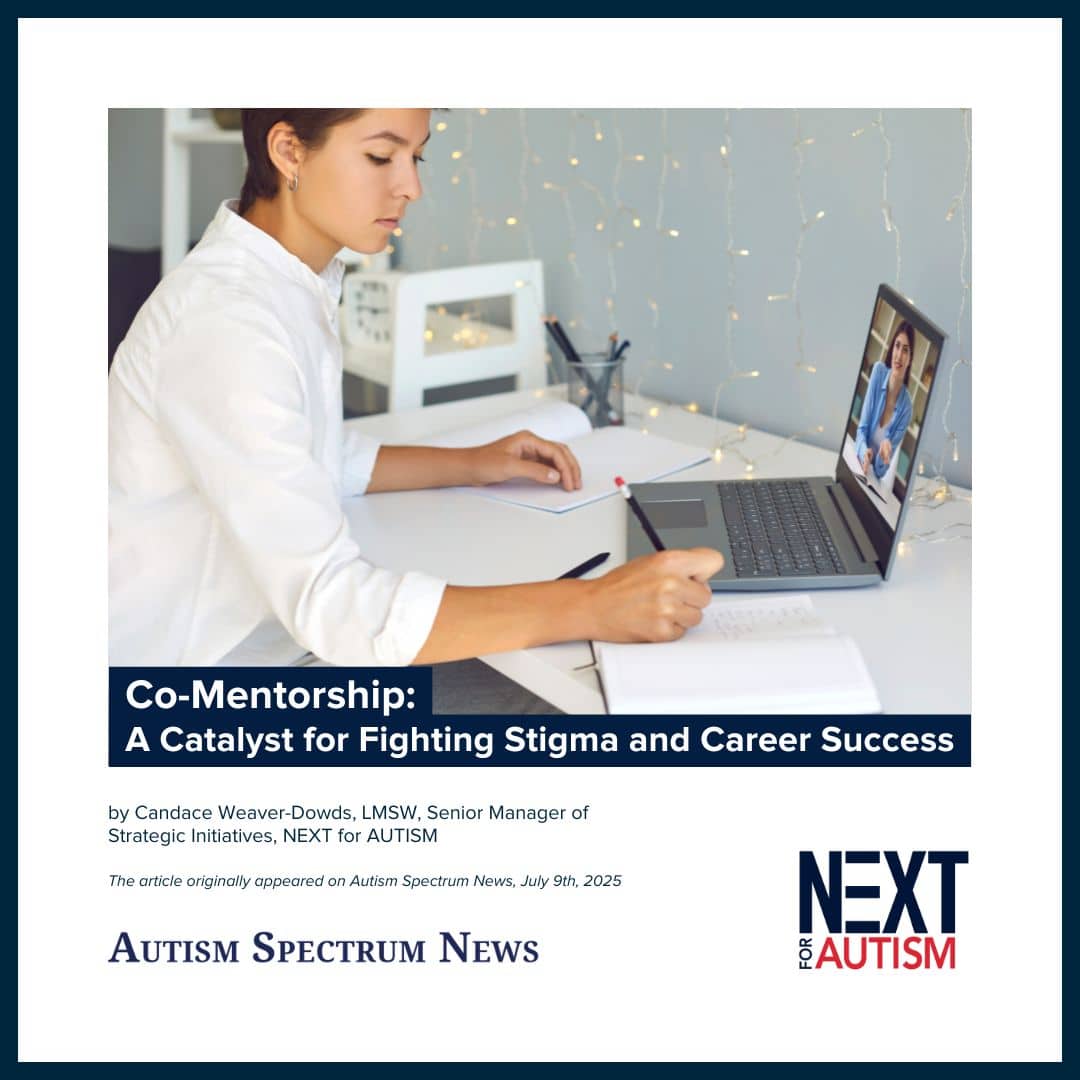
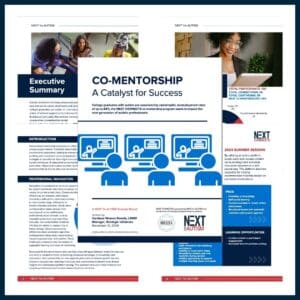
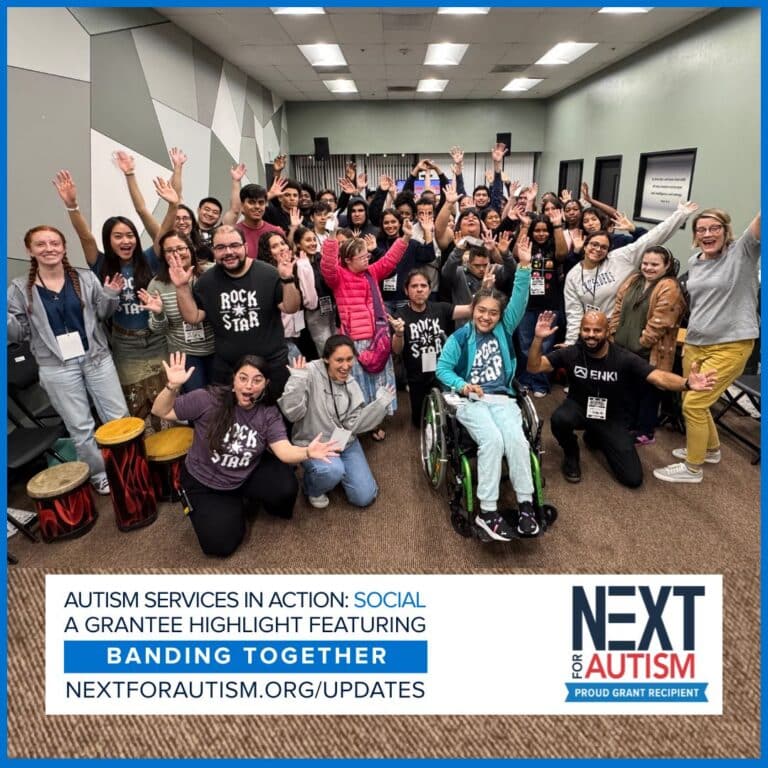
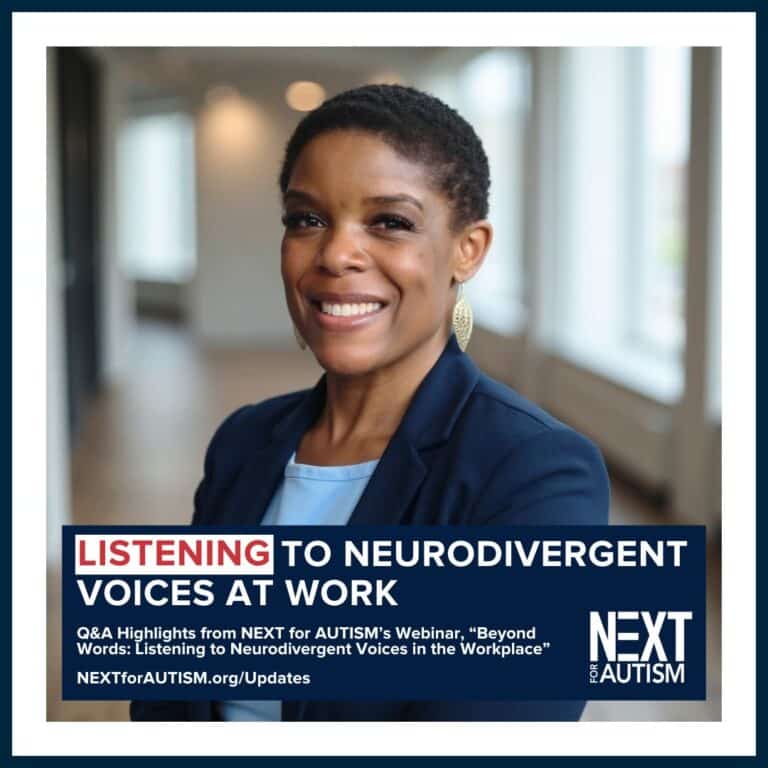
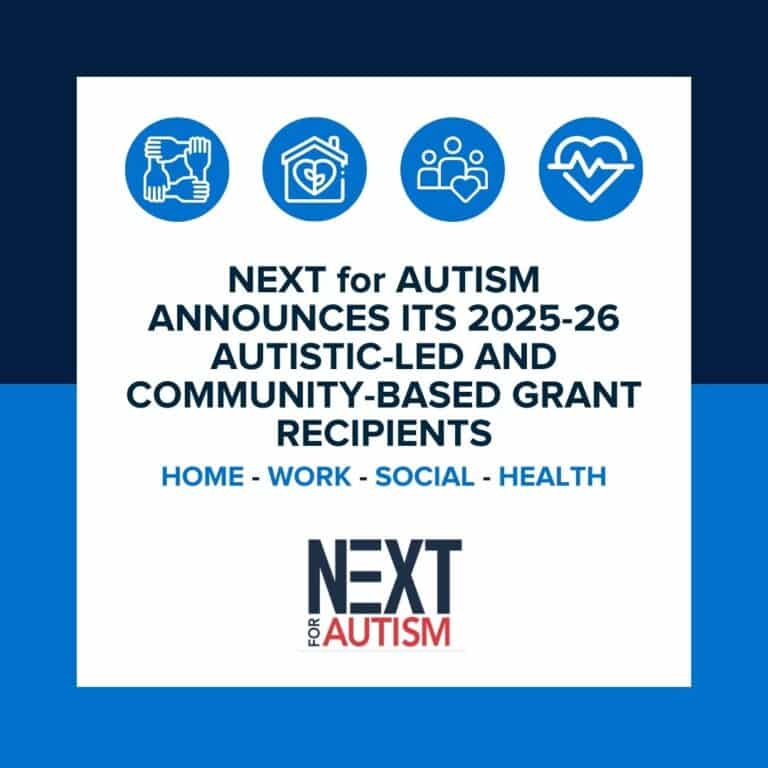

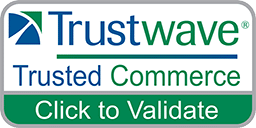
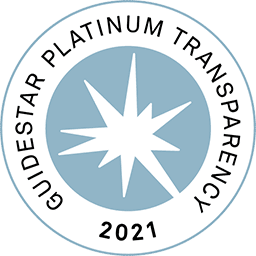
Leave a Reply